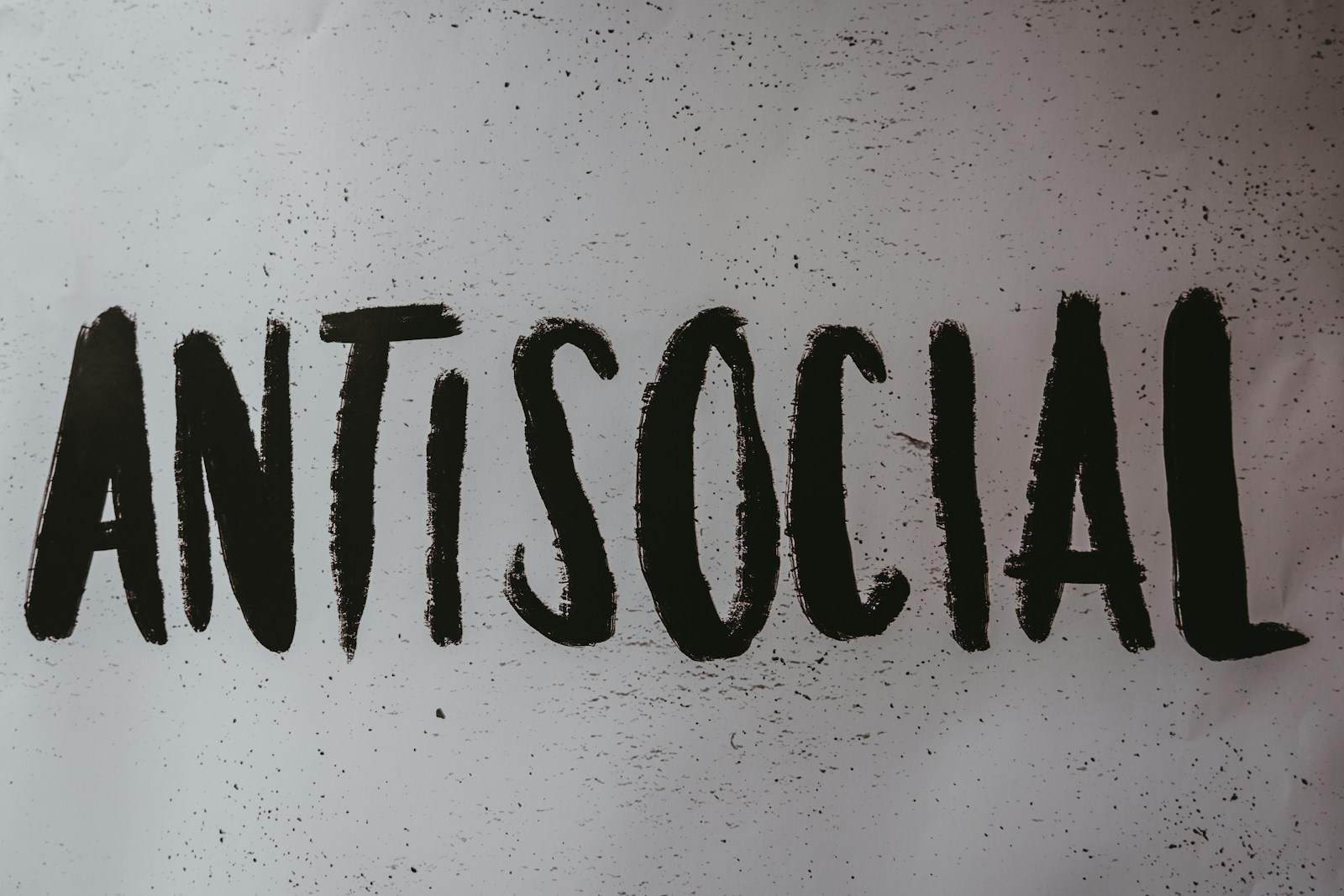Lost in Translation: British vs. American English Mishaps
Language is a fascinating beast. It evolves, adapts, and sometimes, it decides to throw in a twist or two just to keep things interesting. Take English, for instance. While it’s a shared language across the globe, the way it’s spoken in Britain can be quite different from how it’s expressed in America. For those who have made the leap across the pond, or even for those who have had a chat with a British friend, you might have found yourself in a bit of a pickle. Let’s dive into the delightful world of British versus American English and explore some of the most entertaining mishaps that occur when two cultures communicate.
A Tale of Two Languages
At first glance, British and American English may seem like two peas in a pod. They share the same roots and have a lot in common. However, the subtle differences, ranging from vocabulary to pronunciation, can lead to some amusing misunderstandings. These disparities aren’t simply quirks; they reflect the unique histories, cultures, and experiences of each region.
Vocabulary Differences
One of the most noticeable differences between British and American English lies in vocabulary. Words that seem benign in one dialect might leave the other scratching their heads. Let’s take a look at some classic examples:
Biscuit vs. Cookie
In the UK, a “biscuit” refers to what Americans call a “cookie.” Imagine a Brit at an American bakery, excitedly asking for a biscuit, only to be served a fluffy buttermilk delicacy instead. The confusion could lead to quite the laugh!
Flat vs. Apartment
In Britain, a “flat” is a self-contained living space, while in America, it’s known as an “apartment.” If an American were to ask a Brit for directions to the nearest flat, they might be directed to a building with many stairs.
Lift vs. Elevator
Another classic mix-up involves the word “lift.” In the UK, it refers to an elevator. An American asking for a lift could lead to some embarrassing moments if they were thinking of a ride rather than an ascent to the next floor!
The Great Chips vs. Fries Debate
If there’s one food-related term that really highlights the differences, it’s the word “chips.” In the UK, “chips” are what Americans refer to as “fries.” But here’s where it gets really interesting: in Britain, what Americans call “chips,” the crispy, crunchy snack usually found in a bag, are known as “crisps.” So, picture this: an American ordering fish and chips in a British pub, expecting a plate of fries, only to be served a plate of thick potato slices. Let the hilarity ensue!
Pronunciation Puzzles
It’s not just the words that can trip up unsuspecting speakers; pronunciation can be a minefield too. The same word can sound entirely different, leading to quite the comedic moments.
Schedule
In America, “schedule” is pronounced with a hard “k” sound at the beginning, while in the UK, it often starts with a soft “sh.” This can lead to some amusing exchanges, especially in professional settings. Picture an American manager in a meeting, insisting they’ll “schedule” a call, only to be met with puzzled looks from their British colleagues.
Tomato
We can’t forget the classic debate over how to pronounce “tomato.” Americans say “tuh-MAY-toh,” while Brits often use “tuh-MAH-toh.” This can lead to some genuinely entertaining discussions! Just imagine a dinner party where guests can’t seem to agree on how to refer to their salad ingredient, leading to laughter and a great conversation starter.
Idiomatic Expressions
One of the most fun aspects of language is its idioms. However, when British and American idioms collide, the results can be nothing short of hilarious.
“Bob’s Your Uncle”
This classic British phrase means that something is easy or that it’s done. An American might hear this and wonder who Bob is! Explaining that “Bob’s your uncle” means “there you go” can lead to a delightful discussion about how language evolves and creates its own quirks.
“Throwing a Spanner in the Works”
In the UK, if something goes wrong unexpectedly, you might say it’s “thrown a spanner in the works.” An American, however, might be more familiar with “thrown a wrench in the works.” Picture an American trying to use this idiom in a meeting, leading to puzzled looks and a polite request for clarification.
Cultural Contexts
The differences between British and American English extend beyond vocabulary and pronunciation; they also delve into cultural contexts. Events, references, and popular culture can create barriers, especially in casual conversation.
Sports Terminology
Take sports, for instance. In the UK, “football” refers to what Americans call “soccer.” Meanwhile, “football” in America involves an entirely different game. When a Brit says they’re going to watch the football, they could be met with confusion if an American thinks they mean a game of touchdowns and tackles.
Television References
Television shows can also be a source of confusion. A Brit might reference “The Office,” which is a popular show in both countries but has vastly different humor and style. An American talking to a Brit about the same show might be surprised to find that they’re discussing two entirely different versions!
The Accidental Offense
Accidents can happen, and language faux pas can sometimes lead to unintended offense. Understanding cultural sensitivities is key, especially when using humor or slang.
“Fag” Misunderstanding
In the UK, “fag” is a colloquial term for a cigarette, but in America, it’s a highly offensive term. An American who hears a Brit casually mention they’re going out for a fag might feel shocked or offended. It’s a perfect example of why context is so important!
“Pants” and “Trousers”
In Britain, “pants” refer to what Americans call “underwear,” while “trousers” are what Americans simply refer to as “pants.” A Brit might comment on their “pants” being uncomfortable, leaving an American wondering just how far they’ve gone with their clothing choices!
Conclusion: Embracing the Differences
Navigating the differences between British and American English can be quite the adventure. From vocabulary and pronunciation to idioms and cultural references, each interaction is an opportunity for laughter and learning. While these language quirks can lead to humorous misunderstandings, they also enrich our conversations and highlight the diversity of our shared language.
So, the next time you find yourself in a conversation with a British or American friend, embrace the differences. Enjoy the playful banter and don’t be afraid to ask questions. After all, it’s those delightful mishaps that turn a language into a living, breathing entity—one that continues to evolve and surprise us along the way!


